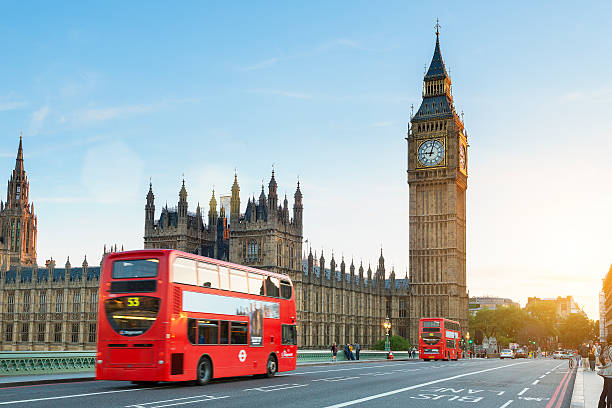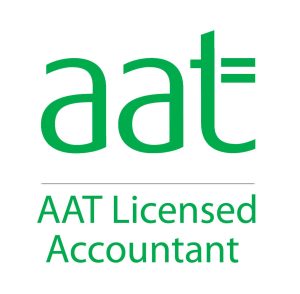As the 30th of October 2024 draws near, anticipation is building for the first Labour Budget since the party was elected earlier this year. Speculation has been rife, especially around whether Labour will stick to its manifesto promises on tax and how they will address the country’s growing financial shortfalls.
The upcoming Autumn Budget will likely set the tone for the next five years, outlining key fiscal strategies. With businesses holding off on spending decisions and a rush to complete transactions before Budget Day, there is a heightened sense of urgency around what changes Labour may introduce. In this post, we’ll explore the most likely changes and tax reforms that could be unveiled on Budget Day.
Key Autumn Budget 2024 Predictions
1. Capital Gains Tax (CGT)
One of the most speculated areas of change is Capital Gains Tax (CGT). Currently set at 20% for higher-rate taxpayers, there have been rumours of an increase, but it’s not clear by how much.
While earlier expectations suggested Labour might align CGT rates with income tax, recent reports indicate a potential headline rate between 20% and 40%. The timing of these changes will be crucial. If they take effect immediately, we could see a significant short-term rise in tax receipts as individuals rush to finalise transactions before the deadline. However, a delay until April 2025 would give taxpayers more time to adjust.
2. Inheritance Tax Reforms
Inheritance Tax (IHT) is another area likely to see reform, though changes may focus on tightening reliefs rather than raising rates. Labour may target loopholes and ensure reliefs like Agricultural Property Relief (APR) and Business Property Relief (BPR) are better targeted:
- APR might be restricted to genuine farmers.
- BPR could see extended ownership period requirements or minimum holding levels.
- The gifting period could extend from 7 to 10 years, meaning more assets would be subject to tax.
- The removal of the tax-free capital gains uplift for inherited assets is another possibility. This would mean beneficiaries may have to pay more in CGT when they sell inherited assets in the future.
3. Pension Reforms
Pensions often come under scrutiny ahead of any Budget, and Labour’s first Autumn Budget may be no different. Some changes being speculated include:
- A reduction in the 25% tax-free cash allowance on pensions, potentially introducing a lower cap.
- A cap on the income tax relief for pension contributions, limiting it to 20% or 30%. This could significantly affect higher earners who rely on pension contributions as a tax-efficient savings mechanism.
4. National Insurance Contributions (NIC)
While Labour has committed to not increasing National Insurance Contributions (NIC) for working people, there may still be changes to employers’ NICs. Labour might look to increase this rate as a means to generate additional revenue, given that NICs contribute roughly 15% of total tax receipts—forecast to bring in around £170bn in 2024/25.
Additionally, there are suggestions of simplifying the tax system by removing the lower rate of income tax on dividend income, taxing it at the same rate as other income sources. Though this may be too drastic for this Budget, it’s a possibility that could emerge during Labour’s tenure.
5. VAT and Private School Fees
Labour’s manifesto made a clear commitment not to increase VAT, except in one area: private school fees. We expect this to be implemented in the Budget, marking one of the few direct tax increases Labour has pledged. This would raise significant revenue and is consistent with Labour’s agenda of levelling the playing field in education.
6. Fuel Duty and Road Fund Licence
Motorists could see changes in this Budget, particularly in relation to fuel duty and the road fund licence. After years of freezing fuel duty, Labour might introduce an increase to balance the environmental agenda with fiscal responsibility. This could potentially impact consumer costs, especially for businesses reliant on transportation.
What Labour’s First Budget Could Mean for You
The Labour government has been tight-lipped about the finer details of their Autumn Budget, but one thing is clear: we are unlikely to see major giveaways. Instead, this Budget will focus on balancing fiscal responsibility with Labour’s social agenda. The changes to CGT, IHT, pensions, and NICs will be key areas to watch, particularly for businesses, investors, and high-net-worth individuals.
For most taxpayers, the emphasis will be on tax fairness and reducing loopholes rather than widespread tax hikes. However, businesses, particularly those relying on reliefs and allowances, could see a significant impact on their tax planning strategies.
Conclusion: A Crucial Budget for the Next Five Years
The Autumn Budget 2024 will be a defining moment for the Labour government. Not only will it clarify the direction of fiscal policy for the coming years, but it will also give businesses and individuals a clearer idea of what to expect under a Labour administration. Whether through reforming CGT, tightening IHT reliefs, or making changes to pensions and NICs, the measures introduced in this Budget will likely shape the financial landscape for years to come.
For professional advice on how these changes might affect your business, visit Plymouth Accountancy Hub, or contact us for expert business advice.
Stay tuned on October 30th for a full breakdown of what Labour unveils and how it may affect you.






